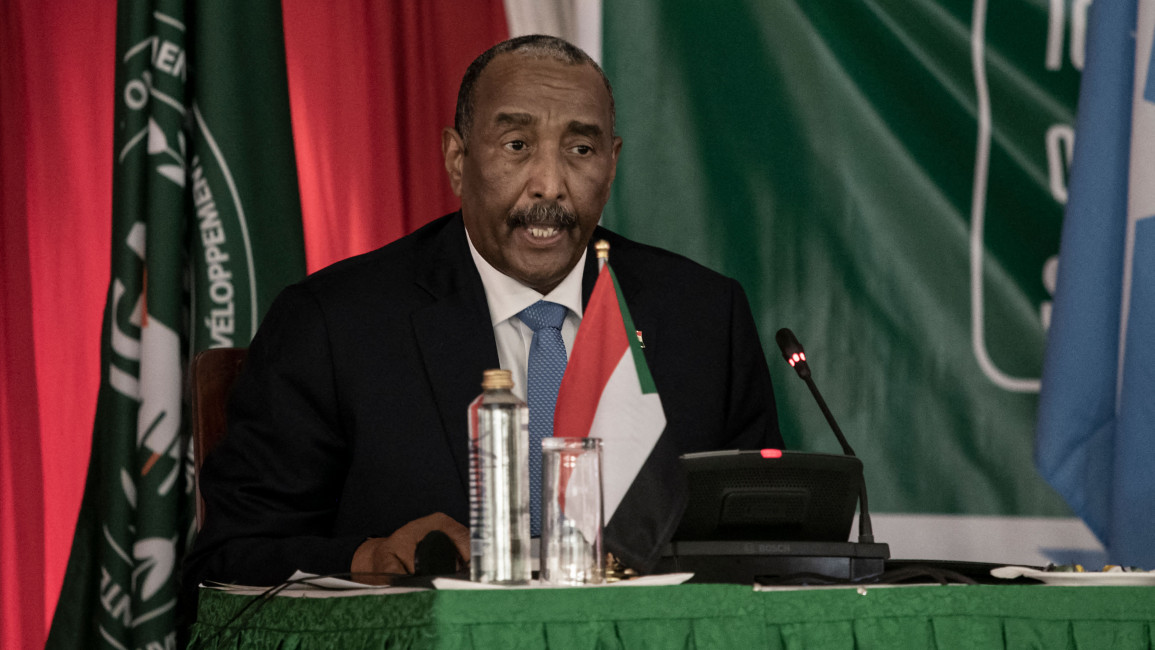Sudan army won't be involved in government formation, foreign minister says
Sudan's army will not be involved in forming a new government, the country's foreign minister said on Wednesday, as the country's main civilian movement continued to protest military rule amid scepticism about army promises.
Foreign minister Ali Al-Sadiq made the comment during a meeting in the Sudanese capital Khartoum with diplomats and representatives of regional and international organisations, according to a Sudanese foreign ministry statement.
General Abdel Fattah Al-Burhan, the de facto military leader of Sudan "clearly indicated the army's determination to withdraw from the political work", the statement quoted Al-Sadiq as saying.
Burhan has been Sudan's military ruler since pro-democracy protests ousted longtime dictator Omar al-Bashir in April 2019. In October last year he ousted the country's civilian transitional government in a coup.
However, in a surprise move on Monday vowed to "make room" for civilian groups to form a new transitional government.
Sudan's main civilian bloc, the Forces for Freedom and Change, rejected Burhan's initiative as a "giant ruse" and urged more protests.
Burhan's October coup plunged Sudan further into political and economic turmoil that has sent consumer prices spiralling and resulted in life-threatening food shortages.
More than 110 people have been killed in the crackdown against anti-coup protesters since October.
Burhan's pledge Monday to step aside for a new civilian "government" with "executive" powers was accompanied by another pledge - the establishment of a new "Supreme Council of Armed Forces".
This body would be in charge of defence and security, he said, feeding into concerns among opponents that it would not be answerable to any government.



